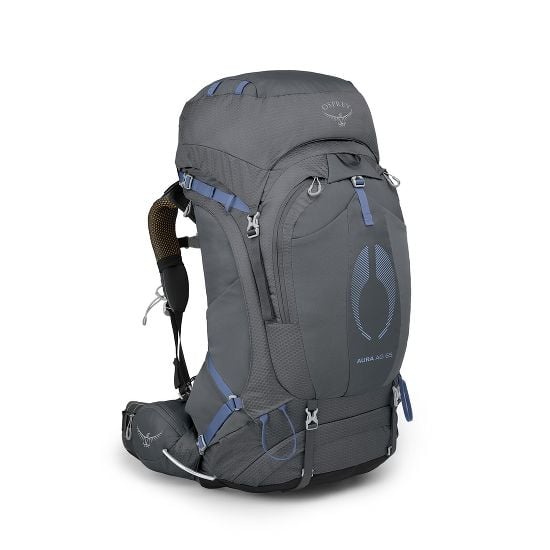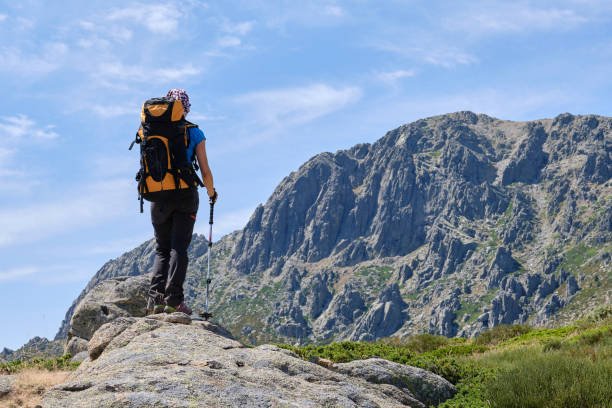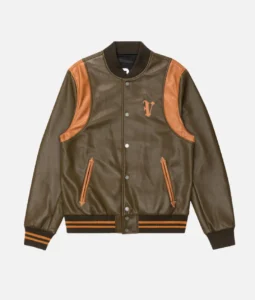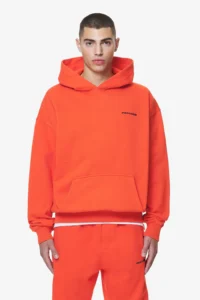Hey there, fellow outdoor enthusiasts! I’ve been meaning to write this article for a while now, but you know how it goes – life gets busy, and before you know it, weeks have passed. Anyway, I finally sat down to share my thoughts on choosing the best camping backpack. Trust me, after years of trial and erro\r (and a few sore shoulders), I’ve learned a thing or two about what makes a great pack.
Before we dive in, let me grab a quick cup of coffee. I’ve been up since dawn, and I’m gonna need the caffeine to power through this mammoth guide. Alright, I’m back – let’s get started!
Why Your Backpack Choice Matters
Look, I get it. When you’re planning a camping trip, it’s easy to get caught up in the excitement of picking out tents, sleeping bags, and cool gadgets. But let me tell you, your backpack is the unsung hero of any camping adventure. It’s the one piece of gear that’s with you every step of the way, carrying all your essentials and keeping you comfortable (or miserable, if you choose poorly).
I remember my first camping trip with a cheap, ill-fitting backpack. By the end of day one, my shoulders were screaming, and I had a lovely collection of blisters. Not exactly the wilderness experience I was hoping for. So, trust me when I say that investing time in choosing the right backpack is crucial.
Important Things to Take Into Note
Alright, now that we’ve established why your backpack choice is so important, let’s break down the key factors you need to consider:
- Capacity First things first – how much stuff do you need to carry? Backpack capacity is typically measured in liters, and the right size for you depends on the length of your trip and your packing style.
- Weekend trips (1-3 nights): 30-50 liters
- Extended trips (3-5 nights): 50-70 liters
- Long expeditions (5+ nights): 70+ liters
Remember, bigger isn’t always better. A pack that’s too large will tempt you to overpack, which means more weight on your back. I learned this the hard way when I brought three extra shirts “just in case” on a weekend trip. Spoiler alert: I didn’t need them.

2. Fit and Comfort
This is where things get personal. A backpack that fits your buddy perfectly might be torture for you. Here are some key elements of a good fit:
- Torso length: Most quality packs come in different sizes or have adjustable suspension systems. Measure your torso length and choose accordingly.
- Hip belt: This should sit comfortably on your hips and take most of the pack’s weight off your shoulders.
- Shoulder straps: Look for wide, padded straps that don’t dig into your shoulders or armpits.
- Back panel: A well-ventilated back panel can make a world of difference in hot weather. Trust me, a sweaty back is no fun on the trail.
3. Frame Type Backpacks generally come in three frame types:
- Internal frame: The most common type, with supportive rods built into the pack. Great for stability and keeping the load close to your body.
- External frame: Old school but still useful for carrying heavy, awkward loads. Not as common these days.
- Frameless: Ultralight option for minimalist campers. Only recommended if you’re keeping your load super light.
I personally prefer internal frame packs for most trips. They’re versatile and comfortable, and they don’t get caught on branches as easily as external frame packs.
4. Material and Durability
When you’re miles from civilization, the last thing you want is your backpack falling apart. Look for packs made from tough, water-resistant materials like ripstop nylon or Cordura. Pay attention to the denier (D) rating – higher numbers mean tougher fabric.
Don’t forget to check the quality of zippers, buckles, and stitching too. I once had a zipper fail on me halfway through a week-long trip. Let’s just say I got very creative with safety pins and duct tape.
5. Organization and Accessibility
A good camping backpack should have a place for everything and keep everything in its place. Look for:
- Multiple compartments for organizing gear
- Easy access to frequently used items
- External attachment points for bulky gear like sleeping pads or trekking poles
- Hip belt pockets for snacks, your phone, or a small camera
I’m a big fan of packs with a bottom compartment for sleeping bags. It keeps your bag dry and easily accessible without having to unpack everything.
6. Weather Protection
Unless you only camp in perfect weather (and if so, I’m jealous), you’ll want a pack that can stand up to the elements. Many packs come with a built-in rain cover, which is super handy. If not, look for one with a water-resistant coating or be prepared to buy a separate rain cover.

Top Picks for Best Camping Backpacks
Alright, now that we’ve covered the basics, let me share some of my favorite camping backpacks. Keep in mind that the “best” pack depends on your individual needs, but these are all solid choices that have served me and my fellow campers well.
Osprey Atmos AG 65 (Men’s) / Aura AG 65 (Women’s)
This is my go-to pack for most trips. The Anti-Gravity suspension system feels like it’s hugging your back, and the ventilation is top-notch. It’s got plenty of pockets for organization, and the 65-liter capacity is perfect for extended trips.
Pros:
- Incredibly comfortable suspension system
- Great ventilation
- Lots of pockets and attachment points
Cons:
- On the pricier side
- Might be overkill for weekend warriors

Gregory Baltoro 75 (Men’s) / Deva 70 (Women’s)
If you’re planning longer trips or need to carry heavier loads, this is the pack for you. It’s built like a tank and can handle whatever you throw at it. The customizable hip belt and shoulder harness ensure a great fit.
Pros:
- Excellent load-carrying capacity
- Very durable
- Lots of organizational features
Cons:
- Heavy compared to some other packs
- Might be too much for shorter trips

REI Co-op Flash 55
This is a great option if you’re looking to save some weight without sacrificing too much in terms of features. It’s simple, lightweight, and surprisingly comfortable for a pack in this weight class.
Pros:
- Lightweight
- Good value for money
- Removable top lid and compression straps for versatility
Cons:
- Not as durable as heavier packs
- Fewer organizational features

Deuter Aircontact Lite 65+10
I love this pack for its versatility. The +10 in the name refers to an expandable collar that gives you extra space when you need it. It’s also got a great ventilation system that’s saved my back on many a sweaty summer hike.
Pros:
- Expandable capacity
- Excellent ventilation
- Good balance of weight and features
Cons:
- Hip belt pockets are on the small side
- Some users find the shoulder straps a bit stiff at first

Granite Gear Crown2 60
This is my ultralight pick. If you’re looking to shave off every possible ounce, this pack is worth considering. Despite its light weight, it’s surprisingly comfortable and can handle more weight than you’d expect.
Pros:
- Very lightweight
- Removable frame and lid for even more weight savings
- Good price point for an ultralight pack
Cons:
- Not as durable as heavier packs
- Minimal padding might not be comfortable for everyone

Final Thoughts
Whew, we’ve covered a lot of ground here! Choosing the right camping backpack is a personal journey, and what works for me might not work for you. The key is to consider your specific needs, try on a bunch of packs (with weight in them!), and don’t be afraid to invest in quality.
Remember, your backpack is more than just a gear hauler – it’s your home away from home on the trail. Choose wisely, and it’ll be a trusty companion on countless adventures.
Well, folks, I’ve got to wrap this up. My dog is giving me the “it’s time for a walk” look, and I’ve got a camping trip to pack for this weekend. Happy trails, and may your backpack always be comfortable and your load light!









